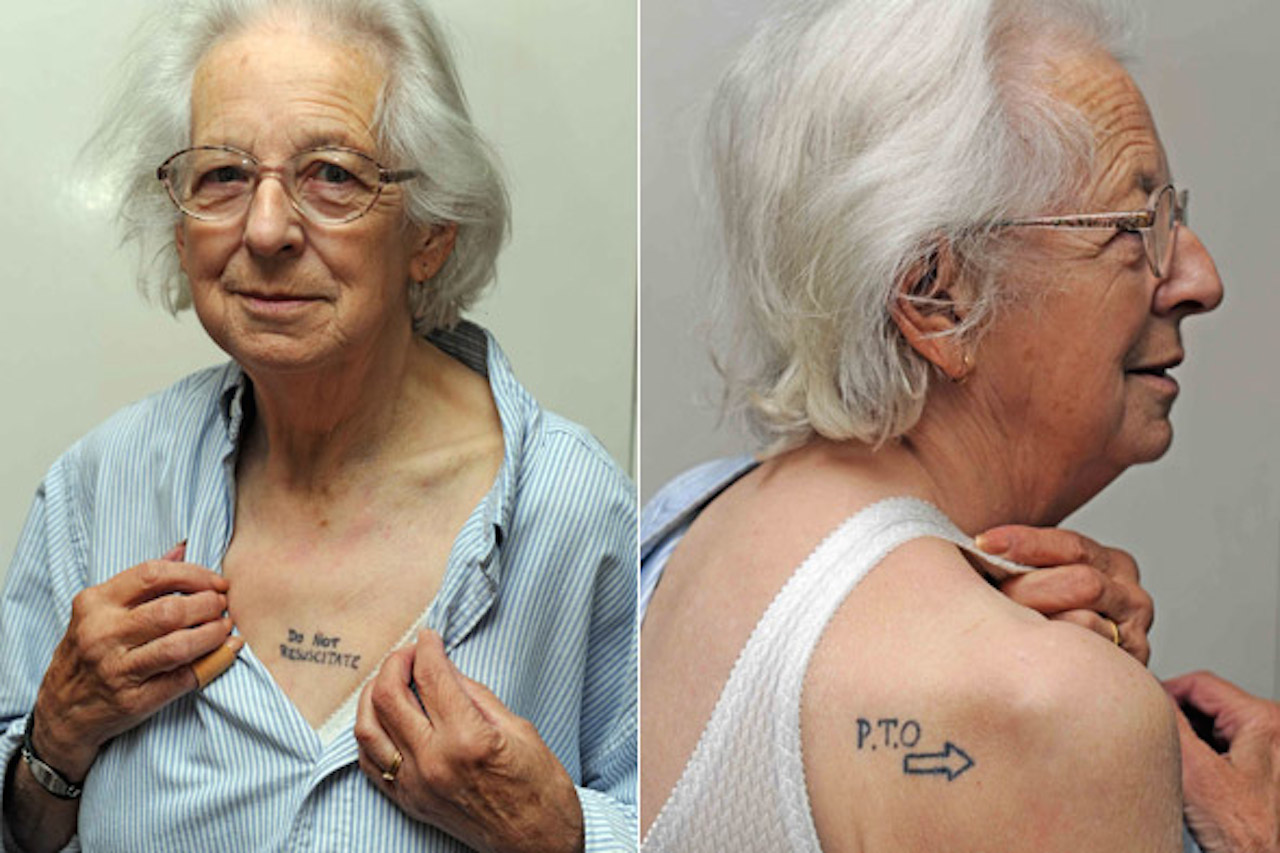Ethicist Seeks Law to Say When Dead Is Truly Dead
Tom Blackwell, National Post (July 16, 2009)
How and when an individual is determined to be dead is a persistent bio-ethical, medical, and philosophical debate. I came across this article on the debate in Canada and I think that it highlights a common set of points for any modern nation which uses life support machines. First and foremost, the entire debate about the definition of death is a human-made problem. The use of life support machines in the 1970s suddenly meant that individuals who might have normally died from heart failure could suddenly be kept alive for long periods of time, although artificially. The person might not be conscious and could have brain damage from a prolonged absence of oxygen but that same person’s heart might still beat.
Before the advent of life support machines, the heart stopped beating and the person died. Once it became clear that the human heart could be kept artificially beating, bio-medical attention turned towards a definition of death using brain activity. If the brain is not fully functioning, then most of what we call the “person” is also dead. This then led to debates (which continue today) about whether Whole Brain or Partial Brain criteria should be used to determine death. Philosophically, this is an interesting point: where is the “person” located in the modern body, the heart or the brain?

I am skipping through decades of debate with this particular post but it is most certainly an issue that Death Ref will continue to present. Here, too, is an interesting aside on the topic. Right before President George W. Bush left office, the President’s Council on Bioethics (which President Bush created in November 2001 and President Obama has since disbanded) released this report: Controversies in the Determination of Death: A White Paper by the President’s Council on Bioethics.
It’s a long report but worth reading. The President’s Council on Bioethics upheld the use of brain death criteria and suggests that the determination of death in America remain neurologically based. Given the intense social, legal, and political battle over Terri Schiavo during the beginning of President Bush’s second term, this is a most intriguing finding.

